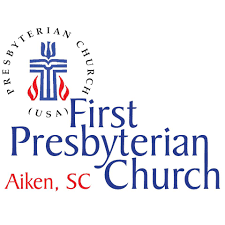"Being Presbyterian"
Session Four
Bible 101
Topic: The Organization and Meaning of the Old and New Testaments in the Bible
There is a lot to digest in the class session so it will probably take the student much more time to complete his topic on the Old and New Testaments of the Bible. First review the "Organization of the Bible," and then read the short text "Discovering the Bible." After having read these introductory pieces then proceed to watch the video (below) "From Jesus to Christ" a Frontline special. While watching this video you can review to "The Story of the Storyteller" commentar to the film below as well as study the "Viewers Guide."
Resources:
- Organization of the Bible
- Discovering the Bible
- The Gospels: The Story of the Storyteller
- From Jesus to Christ: Viewers Guide
Haveing oriented yourself to the Old and New Testament and the story of Jesus and the first Christians, you may now look to the story of the early church and to the fate of the Jewish community in and around Jerusalem after the death of Christ. This film is entitled "66 A.D. The Last Revolt" which documents the persecution of Christians by Nero.
Video Resources:
- From Jesus to Christ: The First Christians
- 66 A.D. The Last Revolt (Persecution of Christians by Nero)
After having done the readings for this session and reviewed the accompanying videos you may choose - on a purely optional basis - to answer the study questions and submit them at etwimber@hotmail.com or to contact Dr. Wimberley by phone or email to request a time for dialogue about what you have learned. You may do so by phone or dialogue via Skype or Facetime. Dr. Wimberley's phone number is 239.405.4164. We may also convene group meetings of the class using the Zoom application on our computers. You can enroll in this course by emailing etwimber@hotmail.com or by texting Dr. Wimberley at 239.405.4164.
Study Questions:
- What difference did Rome's embracing of Christianity make? What impact can a government's acceptance or rejection of religion have on religion and government?
- What religious movements of today could become dominant religions in the future? What conditions would be necessary for a religion to grow as quickly as Christianity did?
- Like paganism, what religions today are in danger of extinction? What steps can a religion take to ensure its survival?
- How does learning new historical information affect faith?
- Who were the "heroes" featured in the program? What similarities/differences did they have? Do the heroes of antiquity remind you of any contemporary heroes?
- What about today's world is similar to the time of the early Christians?
